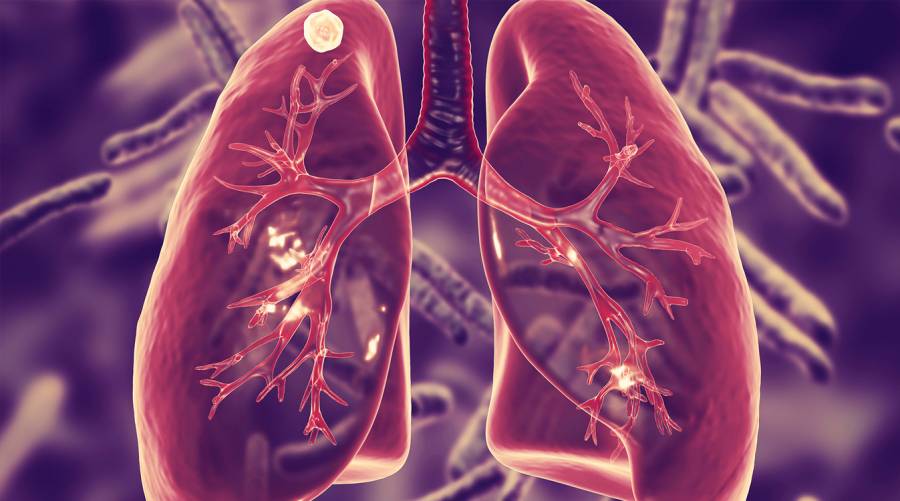Tuberculosis (TB) remains one of the world’s deadliest infectious diseases, with millions of new infections and over a million fatalities annually. The only licensed vaccine, Bacillus Calmette‑Guérin (BCG), offers limited protection against pulmonary TB in adults, primarily due to its administration shortly after birth and via injection. However, groundbreaking research from an Australian team is shedding new light on how lung-targeted vaccine delivery might unlock more effective and durable immunity against the disease.
A New Approach: Inhaled Vaccine Optimizes Lung Immunity
Led by scientists at James Cook University’s Australian Institute of Tropical Health and Medicine, the study explored delivering a modified form of BCG directly into the lungs via inhalation. Unlike traditional shots, this method activates not only immune cells but also lung tissue–repair pathways that signal the recruitment of immune defenders. The core discovery is that this inhaled vaccine engages cells usually reserved for epithelial repair and wound healing, triggering them to release messenger molecules that encourage resident immune cell formation.
These lung-resident immune cells known for their rapid response capabilities at sites of infection remain localized in the lungs and offer a more targeted defense against inhaled TB bacteria. The combination of repair-activated signaling and enduring lung immunity represents a novel paradigm that mirrors natural defense processes.
The Science: Repair Pathways and Immune Cross-talk
Researchers pinpointed that specialized lung-repair cells, when activated, produce signaling molecules that support the differentiation and retention of tissue-resident memory T cells. These cells are highly efficient at recognizing and combating Mycobacterium tuberculosis, the bacterium responsible for TB, as soon as it begins to establish infection in the respiratory tract.
This dual action repair and immunity creates an environment in the lungs where the vaccine not only primes T cells but also supports the maintenance of these cells. It solves a major limitation of current TB vaccines: transient immunity that wanes in adulthood and fails to localize effectively in the lungs.
Why This Matters: Towards Adult TB Protection
Global TB statistics underscore the urgency: in 2023 alone, over 10 million new TB cases were reported and 1.3 million deaths recorded. A more effective vaccine that protects adults especially in high-burden countries is desperately needed. Inhaled BCG represents a promising step forward in that direction. Its potential advantages include:
- Targeted respiratory immunity delivered where TB establishes infection
- Sustained tissue-resident memory, leading to long-term protection
- Natural synergy with lung repair mechanisms, enhancing vaccine efficacy
- Potential translation to other respiratory vaccines, broadening impact
Progress and Next Steps Toward Human Use
The results so far are derived from lab studies showing enhanced lung immunity and activation of repair-immune interplay. The research serves as proof-of-concept, setting the stage for creating human-grade formulations. Researchers aim to prepare clinical trial batches and obtain regulatory approvals for human testing in the coming years early CNS trials could start as soon as 2026.
Implications for TB Vaccine Development
This research arrives amid a resurgence in TB vaccine innovation. The WHO is prioritizing vaccines aimed at providing protection to adolescents and adults, particularly against pulmonary disease. Current candidates include subunit and recombinant vaccines like M72/AS01E, which has shown moderate efficacy in adult trials. Yet none harness the lung’s repair-immune mechanism from within.
Building on this discovery, new vaccine platforms may explore:
- Inhaled or intranasal delivery strategies for other vaccines
- Targeted activation of tissue-resident immunity in organs
- Combined vaccine-therapy formulations leveraging repair signaling
Conclusion: A Transformative Step in TB Prevention
By tapping into lung repair pathways, inhaled BCG offers a glimpse into the future of intelligent vaccine design one that encourages the body to heal itself while building site-specific immunity. Should clinical trials confirm efficacy and safety, this approach could radically transform TB control efforts, offering strong adult protection, potentially reducing TB incidence and saving millions of lives.
This research may set a new standard: vaccines that not only trigger immune responses but do so by collaborating with the body’s tissue regeneration systems ushering in the next generation of respiratory vaccines.



Comments (0)
No comments yet. Be the first to comment!
Leave a Comment